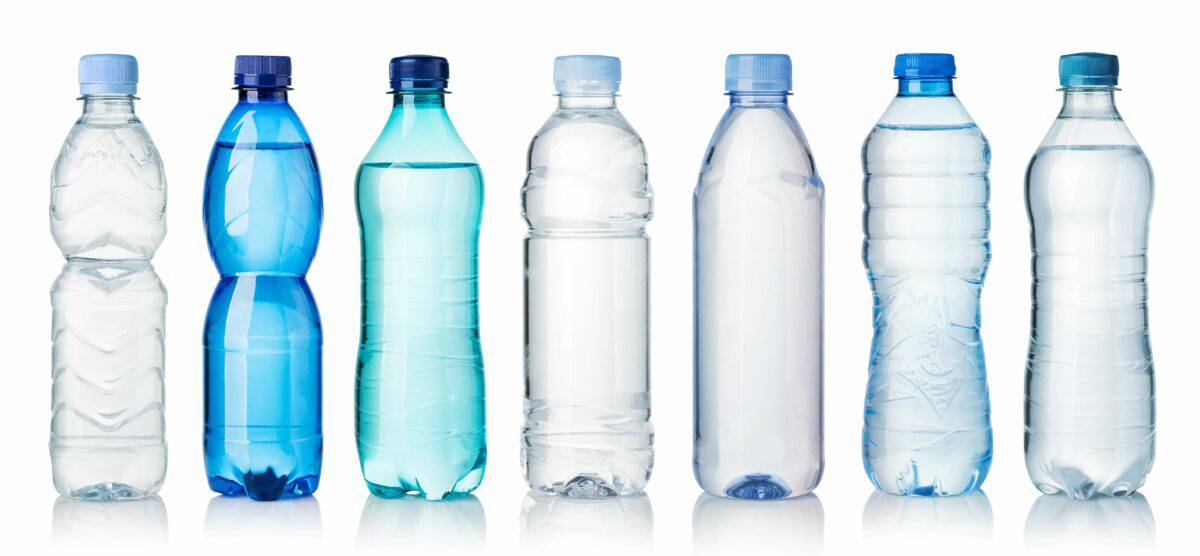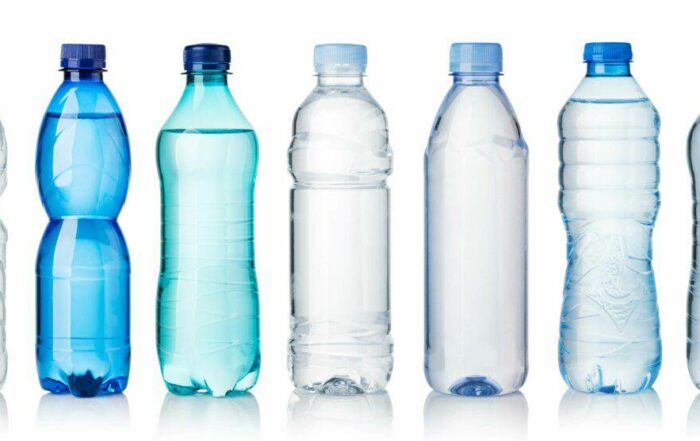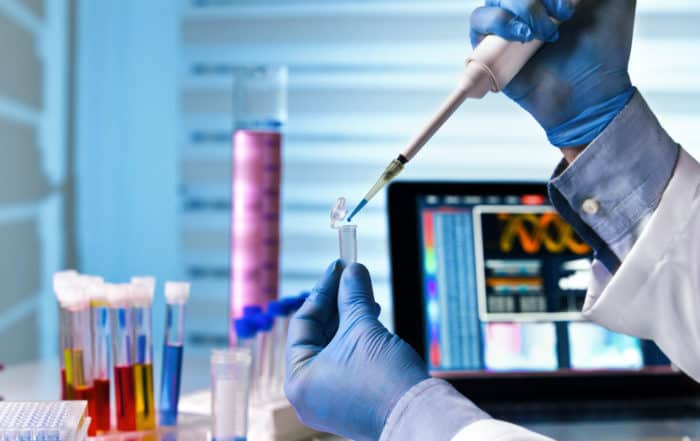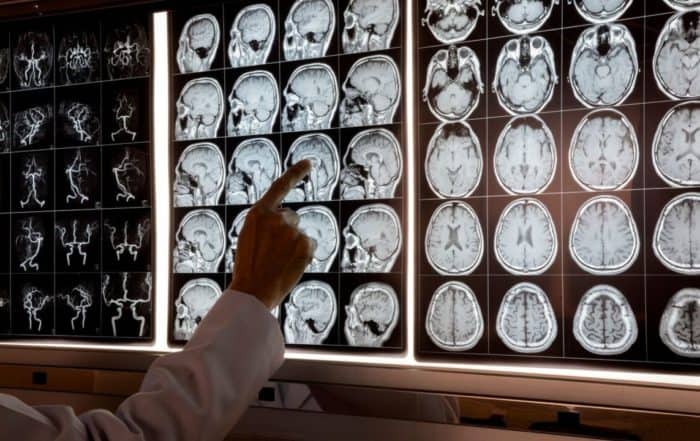Children with autism spectrum disorders (ASD) may have a reduced ability to detoxify the chemical bisphenol A (BPA), according to new research.
BPA is an industrial “plasticizer” used in plastic water bottles, food can linings, water supply pipelines, and other applications. BPA can affect the developing brain, and previous research has suggested a link between prenatal exposure to BPA and autistic symptoms in young children.

In the new study, T. Peter Stein and colleagues investigated the efficiency of glucuronidation—a process that removes toxins from the body—in 66 children with ASD, 46 children with attention-deficit/hyperactivity disorder (ADHD), and 37 controls. Performing multiple mass spectrometric analyses on urine samples from the children, they studied the efficacy of glucuronidation in 12 different pathways, including those for BPA and metabolites of another plasticizer (DEHP).
The researchers report that the three groups were metabolically different from each other. “Of the 12 pathways examined,” they say, “only the BPA and DEHP pathways discriminated between the three groups. Glucuronidation efficiencies for BPA were reduced by 11 percent for ASD and 17 percent for ADHD compared to controls.” DEHP showed similar trends, but these were not significant.
The researchers say, “How important plasticizer-originated neurodevelopmental disorder is in the overall occurrence of these disorders is not known, but it must account for a significant proportion or it would not have been so easy to detect in a metabolic study of moderate size such as this study.”
This article originally appeared in Autism Research Review International, Vol. 37, No. 4, 2023
New research points to alterations in BPA excretion pathway in children with autism, ADHD
Children with autism spectrum disorders (ASD) may have a reduced ability to detoxify the chemical bisphenol A (BPA), according to new research. BPA is an industrial “plasticizer” used in plastic water bottles, food
Editorial – Genetics, the Environment & Autism
The word “genetics” tends to spark different reactions by parents and professionals within the autism community, ranging from interest to indifference or even annoyance. These days the media seems to report a
Neuroinflammation in ASD
Current evidence points to an increase in inflammation markers and oxidative stress in individuals with ASD. Hear Andrew Zimmerman, MD discuss changes in the brain associated with autism spectrum disorders. Certificates of
Environmental Risk Factors – P. Lein, Ph.D.
Published: 06/3/2013 Pamela Lein, Ph.D., is a Professor at the UC Davis School of Veterinary Medicine in the Department of Molecular Biosciences. Dr. Lein received her Ph.D. from the State University of
Environmental Factors – S. Chandra, MD
Presentation slides are online - https://www.ariconference.com/webinars/chandra2.pdf Handouts are online – View handouts .pdf According to the latest CDC report, 1 out of every 50 school-age children now has an autism spectrum disorder (ASD).
ASD & Ecosystem
Presented by Robert Naviaux, PhD at the Fall 2012 Autism Research Institute Conference The pace of change in the human ecosystem has accelerated rapidly in the past 30 years. These changes not only







